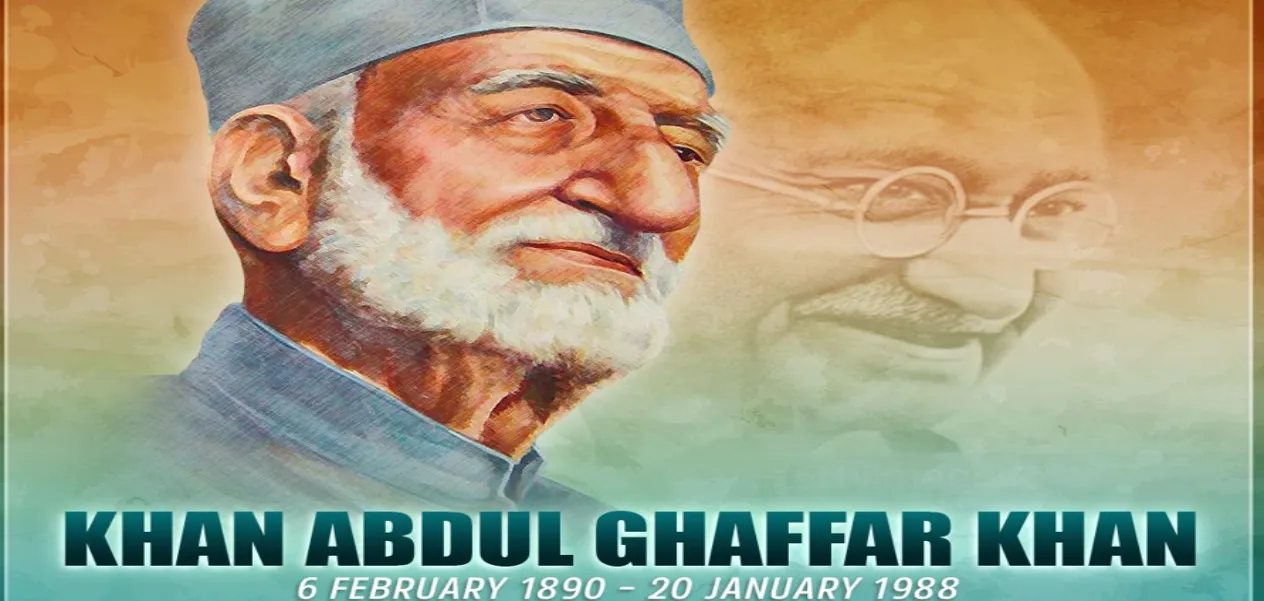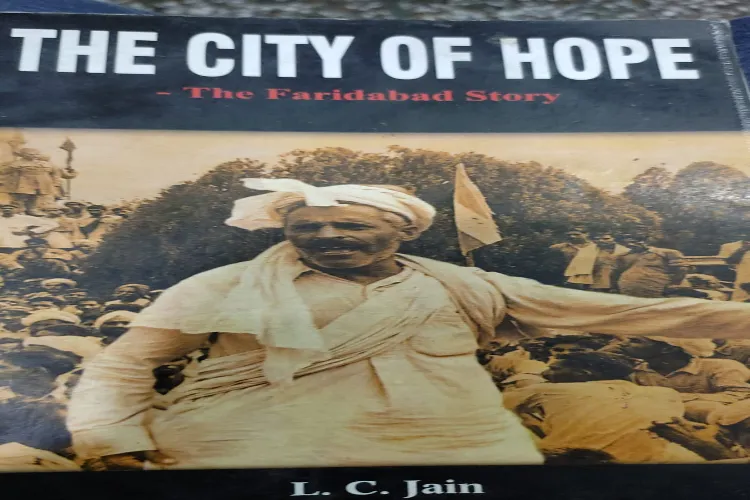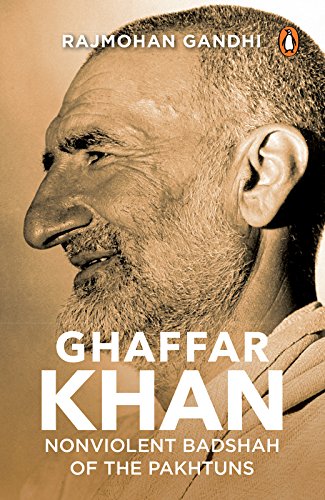
Firdaus khan
Khan Abdul Ghaffar Khan, the great politician of Frontier Province and Balochistan, has a deep relationship with the Faridabad city of today’s Haryana. The foundation of what we see today the new industrial city of Faridabad was laid by Khan Abdul Ghaffar Khan and India’s first Prime Minister Jawahar Lal Nehru played a key role in setting up the city.
It so happened that during the partition of the country, about 50,000 people from the districts of North-West Frontier Province like Bannu, Dera Ismail Khan, Kohat, Hazara, Mardan, and Peshawar came to India in the aftermath of partition of the country.
The majority of them reached Kurukshetra in today’s Haryana and were put in tented accommodations. As they were staunch supporters of Khan Abdul Ghaffar Khan, Prime Minister Jawahar Lal Nehru took interest in their welfare.
The Government wanted to settle them in the Alwar and Bharatpur districts of Rajasthan, but the refugees wanted to live around Delhi. As they were members of Khan Abdul Ghaffar Khan's Khudai Khidmatgar organization, they started protesting for their demands.
The protesters - Kanhaiya, Nihal Chand, Sukhram, Pandit Gobind Das, Pandit Anant Ram, Khushiram, Chaudhary Dayalagand, Duli Chaudhary, Jetha Nand, and Chattu Ram Gera, etc. - were aiming to make the government agree to their choice of the place for settlement.
Seeing no impact on the government, the protesters, left for Delhi and staged their protest in front of the Ministry of Re-establishment.

The cover of the book on Faridabad
The protesters courted arrests. Nehru sent his special advisor Mridula Sarabhai to talk to the protesters.
Sarabhai too failed to make them change their mind. Eventually, the government had to decide to build a new city for them.
After several rounds of negotiations, the government agreed to develop Faridabad. On October 17, 1949, the foundation of the new industrial city of Faridabad was laid.
According to academician Dr. Munish Parvez, Nehru took a special interest in the development of Faridabad; he called a cabinet meeting and get the idea of the Faridabad Development Board approved.
President Rajendra Prasad was appointed its chairman and Sudhir Ghosh, an aide of Mahatma Gandhi, the chief administrator of the board.
Interestingly, Prime Minister was a special invitee to the meetings of the Board. Nehru attended 21 out of its 24 meetings. This ensured that city came up in two and a half years at the cost of Rs 4.64 crore.
Back then, the board had decided to build 5196 houses each on a 233-square-yard area. The houses were priced reasonably and given to the refugees o easy monthly installments.
Going back in history Faridabad was established by Sheikh Farid, the treasurer of Emperor Jahangir. He built a fort, a pond, and a mosque there and it was named after him.
LC Jain, a freedom fighter has written a 330-page book on Khan Abdul Ghaffar Khan's relationship with Faridabad- The city of Hope: The Faridabad Story. Jain claims Faridabad was the first such venture in India for the resettlement of refugees.
Jain traces the story of Faridabad - from a settlement for refugees to an Industrial hub. Though he is hopeful for Faridabad’s development and calls it a city of hope, the city’s living conditions have deteriorated.

The cover of the book
It may be recalled that Khan Abdul Ghaffar Khan was born on 6 February 1890 in Peshawar. He spent a major part of his life in jail. He actively participated in the campaign to free the land of India from the slavery of the British.
He was with Mahatma Gandhi in the war of independence. He was also an advocate of non-violence like Mahatma Gandhi. Mahatma Gandhi was convinced of his thoughts and his loyalty. Mahatma Gandhi writes about him- “He is undoubtedly a God-fearing man. He has the utmost faith in the unbroken presence of his protector and knows very well that his movement will progress only if God so wills. Pouring his whole soul into this work of God, he does not care much about the result.
Khan Abdul Ghaffar Khan founded Khudai Khidmatgar in the year 1929. This organization was also known as Surkh Posh i.e. Red Kurti Dal, as its volunteers wore red tunics, a symbol of sacrifice.
He launched a non-violent movement against British rule by uniting ethnic groups, especially Pathans, in the North-West Frontier Province.
He opposed the partition of the country, an idea put forth by the Muslim League.
After partition, he decided to stay in Peshawar and continued to fight for the rights of the Pakhtuns. He spearheaded a movement for Pakhtunistan, a homeland for the Pakhtuns.
He was placed under house arrest in 1988 and he passed away the same year.
He was an advocate of unity and integrity. In the year 1987, the Government of India honoured him with the country's highest civilian honour 'Bharat Ratna', the first non-India to get this honour.
Prime Minister Pandit Jawaharlal Nehru built a hospital for refugees in Faridabad in 1951 which was named Badshah Khan Hospital. The state government
In the year 2020, the Haryana government changed its name to the Atal Bihari Vajpayee General Hospital.
Mahatma Gandhi's grandson Rajmohan Gandhi has written a book on Khan Abdul Ghaffar Khan, 'Gaffar Khan: Nonviolent King of the Pakhtuns'.
Rajmohan Gandhi says that Mahatma Gandhi considered Khan Abdul Ghaffar Khan as his brother, but India has forgotten him.
(The writer is poet, a storyteller and journalist)
